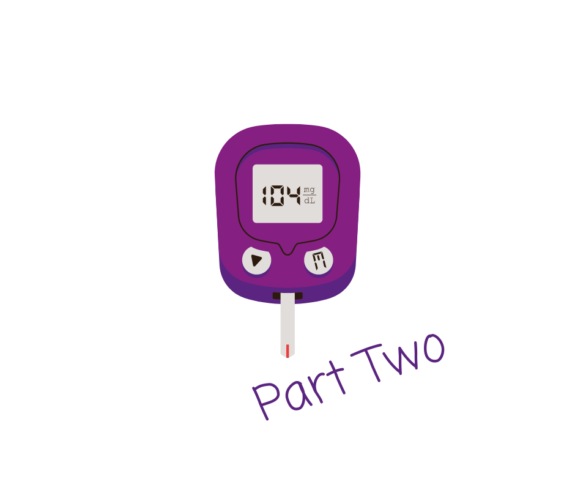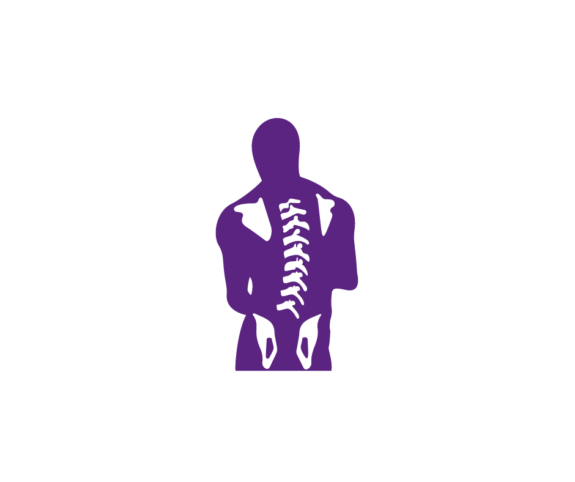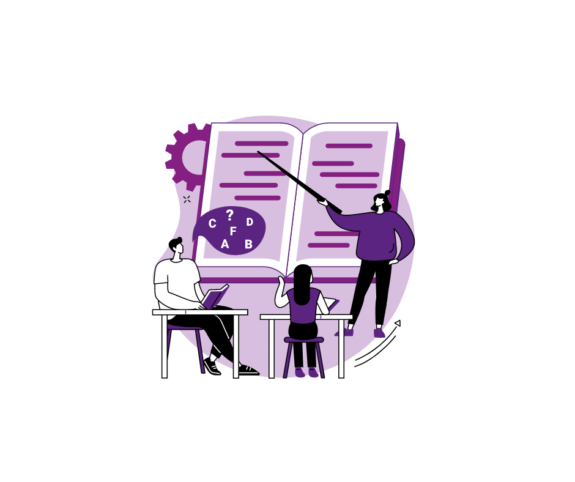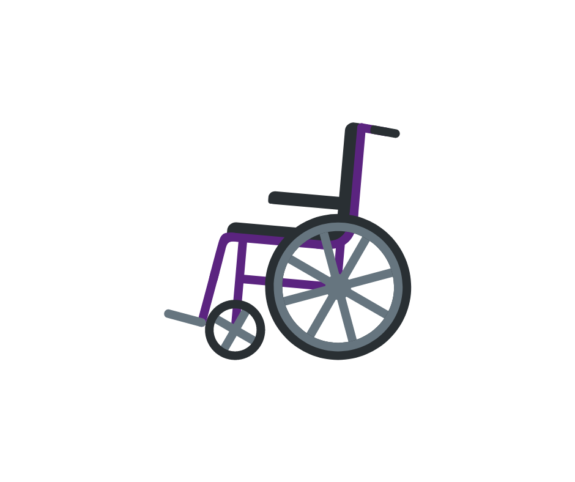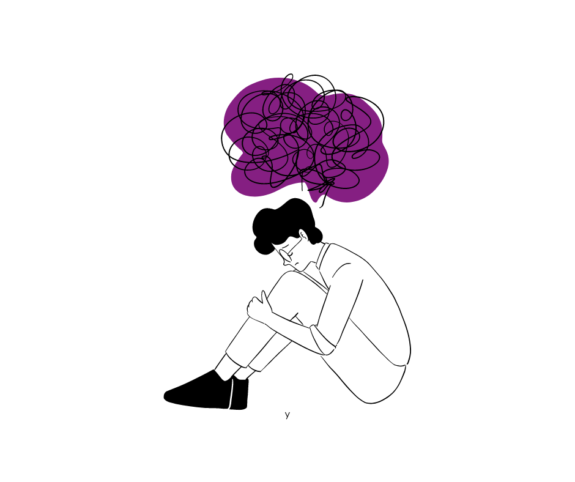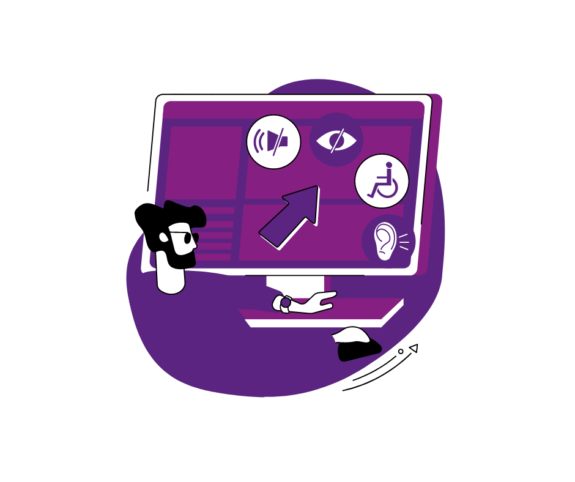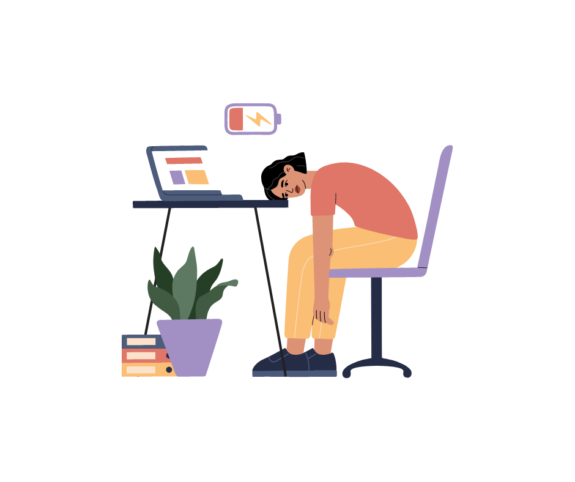When people say deafblind, many of us tend to assume that means babies being born with congenital defects but actually, you can become deafblind for many different reasons and at any age. It simply means that a person has either been born with or lost the ability to see or hear properly but this doesn’t necessarily mean that they have no functionality at all, it could just be a lot more limited.
So what exactly is it?
Deafblindness (also referred to as dual sensory loss/impairment) is defined as “the loss of sight and hearing to the point where your communication, mobility and ability to access information are impacted” (www.deafblind.org.uk). It’s estimated that approximately 400,000 people in the U.K. are thought to be deafblind and that number is expected to go up as the aging population increases.
It can impact any age group but is more prevalent in older people due to the nature of our naturally deteriorating sight and hearing over time. There is also a very broad spectrum with deafblindness, ranging from not being able to see or hear anything to simply having difficulties and needing help when watching and listening to things like the television.
What causes it?
Age-Related
As we get older our sight and hearing naturally deteriorate and in some people, this can become quite severe. Conditions like Macular Degeneration, Glaucoma and Cataracts which are generally age-related (although not always) can play a big part when found alongside hearing loss.
Acquired Deafblindness
Deafblindness is termed to be ‘acquired’ when it happens after a person has developed language skills. This could be through illness, an accident or trauma or age. It can also happen if a person who is deaf or blind subsequently also loses sight or hearing.
Congenital Deafblindness
Congenital deafblindness is described as any child born with sight or hearing loss or who develop them before they acquire any language skills. They may be born that way or it could happen gradually over the first year of their life. There are several reasons why a baby may be born with deafblindness or become so, including:
-
Premature Birth – If a baby is born before 37 weeks this is classed as being premature and brings higher risks of health problems.
-
Downs Syndrome.
-
Cerebral Palsy – Being born with Cerebral Palsy doesn’t necessarily mean a baby will be deafblind but it does bring with it a higher risk.
-
Foetal Alcohol Syndrome – FAS brings with it a myriad of health problems along with issues with sight and hearing.
-
Rubella Syndrome –Rubella, also known as German Measles, isn’t really that bad unless it happens during pregnancy as it can cause significant abnormalities in a developing baby.
-
Usher Syndrome – This condition is present from birth and can affect people differently. While the main symptoms are hearing loss and a sight disorder called Retinitis Pigmentosa, they aren’t always obvious at birth and can develop over time.
Most babies born with deafblindness have no access to language and rely on sensory stimulation such as touch, smell and taste. Sensory rooms, which are also used for children with autism and learning disabilities, can provide a fantastic safe space for the child to explore their surroundings and learn how to deal with their emotions. Each room can be set up differently depending on what the child needs. https://funandfunction.com/blog/sensory-room-guide
How do you treat deafblindness?
Treatment usually depends on how the deafblindness developed as it is different for every condition.
How can I help someone with deafblindness?
There are many charities that offer help, support and advice for people who are deafblind. You can also volunteer to become a befriender, a person who takes the time to call or meet up with a deafblind person and help support them socially. While many deafblind people do their best to maintain their independence for as long as possible, eventually they do need some extra help. Spending time with someone in this way can make such a difference to their quality of life and stop them from becoming isolated.
If you’d like to know more about becoming a befriender then just click below to see how you can get involved!
https://deafblind.org.uk/join-us/volunteer/volunteer-befrienders/
Resources:
https://deafblind.org.uk/information-advice/what-is-deafblindness/
https://www.nhs.uk/conditions/deafblindness/
https://theatreanddance.britishcouncil.org/blog/2017/10new-news-list/intouch/
https://www.jdeaf.org.uk/services/deaf-and-deafblind-community
https://www.rnib.org.uk/search/site/deafblind
https://www.healthline.com/health/what-is-sensory-stimulation#stimulation-for-disabled-adults
https://www.abbeyfield.com/blog/the-importance-of-sensory-activities-for-those-living-with-dementia/
https://www.news-medical.net/health/Importance-of-Sensory-Stimulation-for-Babies.aspx
https://www.teachingvisuallyimpaired.com/sensory-areas–rooms.html
http://www.sensorylighting.com/wp-content/uploads/2016/02/sensory-rooms-for-deafblind.pdf
http://www.aadb.org/FAQ/faq_DeafBlindness.html#technology
http://www.ssc.education.ed.ac.uk/courses/db/dbsep12i.html
https://www.deafblindinformation.org.au/about-deafblindness/congenital-deafblindness/

